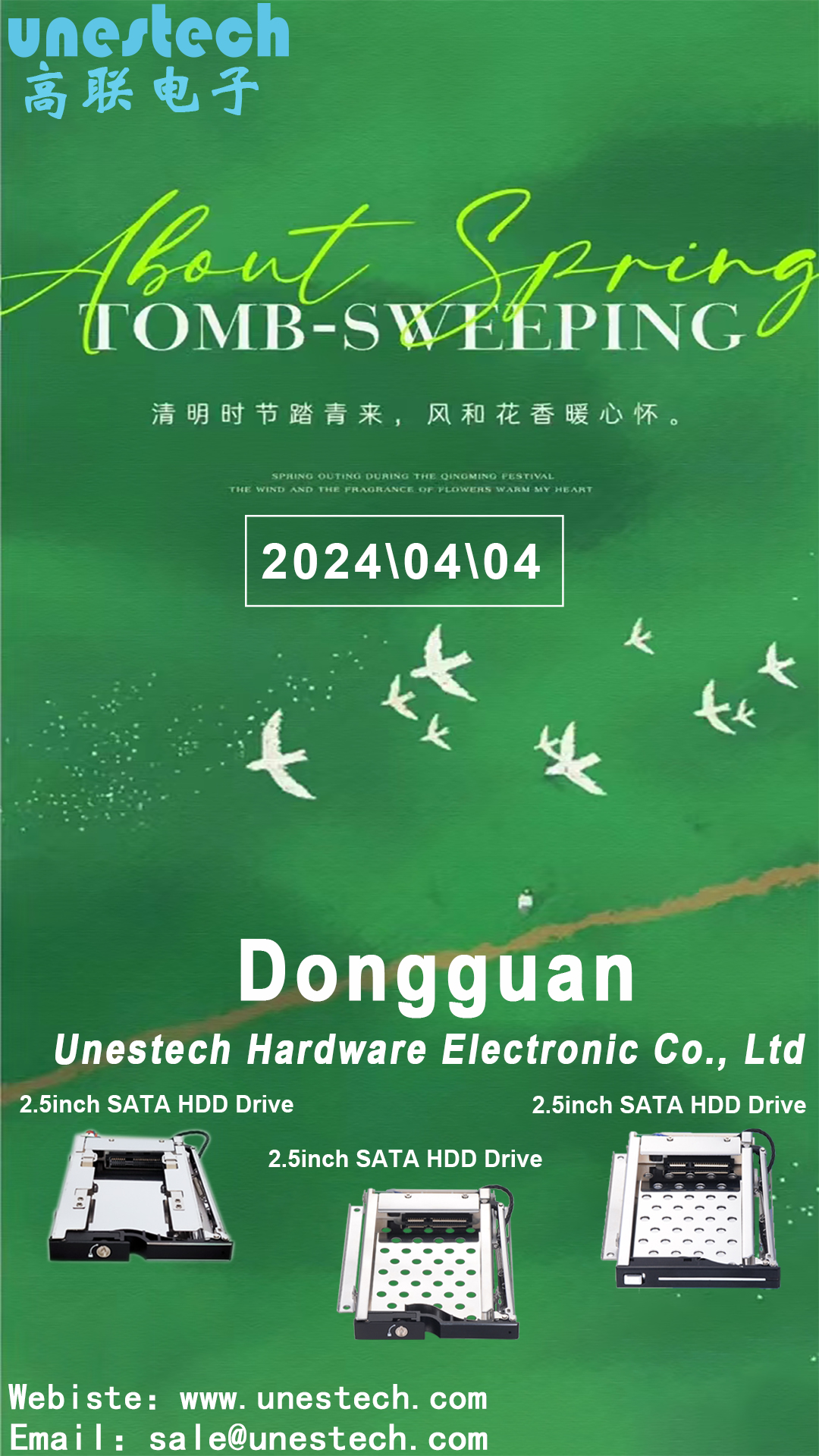The Qingming Festival is one of the traditional Chinese festivals, observed on the fourth or fifth day of the fourth lunar month each year. It originated from the ancient Chinese "Cold Food Festival" and later merged with Qingming Festival to form one holiday.
The origin of Qingming Festival is related to ancient Chinese sacrificial rituals and seasonal changes. The ancient Chinese believed that during Qingming, spring has arrived, the earth has warmed up, and all things are revived. Therefore, people would worship their ancestors and sweep their tombs during this time to express mourning and respect for their deceased loved ones.
The Cold Food Festival was a traditional festival in ancient China, said to have originated from the state of Chu during the Warring States period. The nobles of Chu would refrain from making fires and eat only cold food on this day to avoid fires. This festival later merged with Qingming Festival to become a unified holiday celebration.
During Qingming Festival, people visit the graves of their ancestors, tidy and clean the tomb sites, burn incense, offer food and drinks as a way to show respect and remembrance. At the same time, people also appreciate the beauty of spring, go for outings, fly kites, and engage in other activities.
In addition to ancestor worship and tomb sweeping, Qingming Festival also has some regional customs and activities. For example, in some areas, dragon boat races, stilt-walking, and horse polo are traditional sports events.
In conclusion, Qingming Festival is an important traditional holiday. It is a time for mourning and reminiscing about deceased loved ones, as well as a moment to welcome spring and enjoy life.
